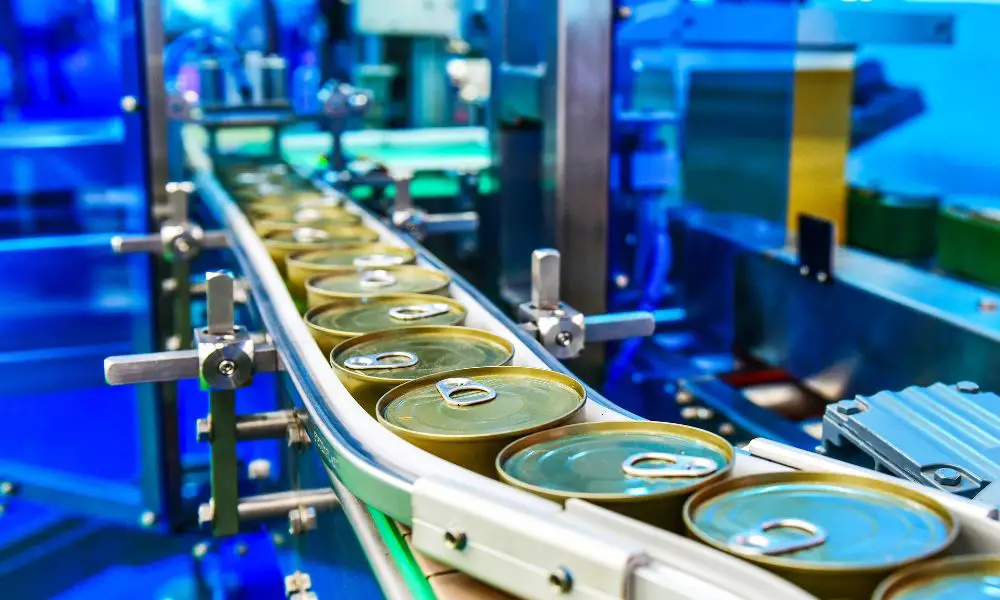

Thermal processing is an essential part of the food industry. Food manufacturers use it to extend their products’ shelf lives and add or modify the flavor and texture of food. But what exactly is thermal processing, and how does it work? Let’s look at how the food industry uses thermal processing and how it can benefit consumers.
Thermal processing is heating various food products to increase their shelf life and modify their flavor or texture. It works by exposing food items to temperatures high enough to kill any bacteria or spoilage organisms present, making them safe for consumption over an extended period. Thermal processing also helps remove moisture from foods, increasing their shelf lives.
Thermal processing works in many ways throughout the food industry. One common application is pasteurization, which involves heating liquids such as milk or juice to high temperatures to kill harmful bacteria. This heating helps reduce the risk of foodborne illness while extending the shelf lives of these products. Similarly, thermal processing works well to sterilize canned foods like vegetables and soups, making them safe for consumption without refrigeration.
Thermal processing can also modify flavors and textures within foods. For instance, it can caramelize sugar molecules on the surface of baked goods like cookies or cakes, creating a sweeter taste and a crunchier texture than would otherwise be possible. It can also break down proteins in meats such as beef or pork to create more tender cuts with deeper flavors.
Without the material considerations for thermal processing equipment, food manufacturers could not produce safe and consistent products on a large scale. Only high-quality, heat- and corrosion-resistant materials work. Ultimately, the carefully engineered thermal processing procedures and equipment are what contribute to our food safety.
Overall, thermal processing is an important process throughout the food industry. It helps to extend food’s shelf life, modify flavors and textures, and reduce the risk of foodborne illness. With its many benefits, it is clear why thermal processing has become such an essential part of the food industry.
American families are once again juggling the seasonal custom—and financial burden—of back-to-school shopping as the…
Want to bond over unexpected activities? Look at these unconventional ways to connect with your…
Burnout isn’t just something that happens to CEOs. For moms homeschooling littles, it’s a very…
When it comes to long-distance motorcycling, comfort, reliability, and smart engineering can make or break…
Flowers have seen significant transformation over time; online flower shopping is increasingly common now for…
Learn essential first-time landlord tips for success, from tenant screening to property maintenance. These strategies…